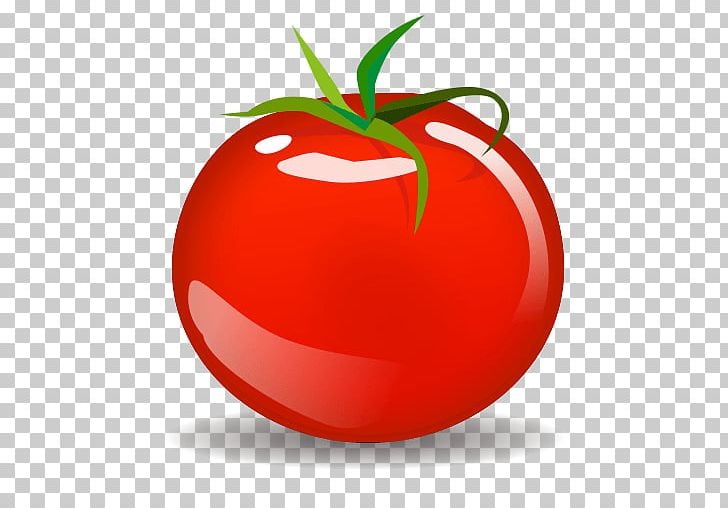If i had access to an airlock that could depressurize to ~0 bar could i brew a cup of tea with it?
I’m not a scientist by any means but I’m pretty sure it’s the temperature that matters when steeping the tea. You can use hot - but not boiling - water just fine.
So I’d say: probably not
you can make tea by just putting a tea bag in cold water and letting it sit for a few hours.
We make iced tea all the time without any hot water it tastes the same as if you boil the water. Just takes longer and of course isn’t warm.
I don’t really think tea brewed at a lower temperature tastes the same, I’m guessing it’s because the relative rates that different flavor compounds go from the tea to the water change at different temperatures, but the main noticeable effect is that tea brewed cold is usually less astringent for a given concentration of other flavor.
Follow up question: if I put water into a hyperbaric chamber and heated it to around 200c, would the tea steep in half the time?
You’d probably just burn the tea. Also as soon as you took it out of the chamber, the whole cup of tea would just sort of explode.
Could be a fun thing to film in slow motion, but not really useful though.
You will get
boilingbubbling cold water. The flavours in the tea bag want temperature, they don’t much care for the bubbles around them (apart from them stirring the water).That’s the thing, the water is boiling, it just isn’t hot. You’re right that it wouldn’t brew tea better than water at the same temperature at sea level though. I wonder how bubbling factors in, if at all.
Well, yes, technically it is indeed boiling, but as it is not hot, I called it bubbling to emphasis that it is not hot.
Have you ever wondered why restaurants on or near mountain summits don’t offer pasta? That’s because while the cooking water up there is boiling, it is not hot enough to cook pasta.
Have you ever wondered why restaurants on or near mountain summits don’t offer pasta? That’s because while the cooking water up there is boiling, it is not hot enough to cook pasta.
I did not wonder this, because I’ve yet to eat at a summit restaurant, but that’s fascinating. Does this matter much in a town like Breckenridge (9600ft) or Aspen (8000ft), or does it only really become a factor once you get up to the summits?
Can a restaurant in Leadville, CO (elevation 10,158ft or 3,096m, highest incorporated city in the US) cook pasta? Or would it require an unappetizing amount of salt?
Does season make a difference? Like, the density altitude is surely lower in winter than it is in summer.
I have so many questions!
Edit: okay it sounds like you just have to boil it longer because the water isn’t as hot. It still cooks, just takes more time.
Edit: okay it sounds like you just have to boil it longer because the water isn’t as hot. It still cooks, just takes more time.
Have you ever tried to cook pasta at lower temperatures, but longer? The results might still be nourishing, but that’s it. The mouth feel is totally off.
If you boil water in a vacuum and then remove the vacuum the water has not increased in temperature. You can’t drink it in a vacuum,because you’d die, so presumably you’re going to bring it back into an atmosphere, at which point it won’t be boiling.
It’s not the boiling that’s the important factor - it’s the temperature.
You could make a cup of tea with it, but it wouldn’t be much different than just plopping a teabag in room-temperature water for the same amount of time.
This is illustrated when boiling something at altitude. Because the boiling point is lower, you have to do it longer to compensate.
I had a cup of tea in the café near the top of Mont Blanc and it was the most overpriced, vile cuppa I’ve ever had 🤢
Their might be a mild improvement over still room temp water as the potential boil would agitate the tea a bit to speed up the steaping
If you place a tea bag in a cup of water at 20C in a thermally isolated vacuum chamber, when the chamber pressure is reduced to or below the vapor pressure of water at 20C (about 17 torr, or 1/3 psi), it will begin to boil. The vapor produced will be at 20C and the water in the cup will be 20C and begin to decrease, because of latent heat of vaporization needed for the liquid/gas phase change. The water will continue to boil as long as the pressure is maintained at or below the vapor pressure of water at that temperature. Eventually, the water reaches 0C. Then it will stop boiling and begin to freeze as the latent heat of fusion provides the necessary heat to continue evaporation. When all the water has converted to ice, the vapor pressure is greatly reduced. The ice will sublime (go from solid to gas) still, but as that continues to cool the ice, the vapor pressure also drops. As the temperature drops, sublimation will slow until it is nearly zero. So you would end up with a tea bag encased in ice.
In your example, if you suddenly exposed to the cup and tea bag to the vacuum of space by rapidly venting the air, the water would explosively evaporate, shredding the tea bag. You’d be left with bits of tea leaves, an empty cup, and a lot of very fine ice crystals.
Best answer right here, folks.
That’s a great explanation but a really shitty cup of tea.
In short, no.
The water needs to he hot enough to extract the optimal flavour from the tea fast enough. If you leave it longer, the bitter, oil based flavours start to come out excessively.
This was actually a noted problem for Victorian (British) explorers. They couldn’t brew a proper cup of (black) tea up a mountain! I believe there were also patents issued, at the time, for tea brewing pressure vessels!
Basically, you want the water as hot as possible, but not so hot it scolds the leaf. Black tea doesn’t scold (at normal water temperatures), so is brewed at 95°C+. Green tea scolds at around 80, so needs cooler water. White tea is even lower, again. By around 60°C your into stewing temperatures. You’ll get a lot more oils compared to flavour. You want to have your tea leaves out by this point.
You also want to avoid agitating the leaves. Stiring, or squeezing the leaves tends to ruin the flavour. You know you’ve completely F’ed up a cup of tea if it has an oily scum floating on the top.
“bad leaf! bad!” -scold vs. scald.
Just for fun. good comment!
Unlike posted here multiple times already tea does indeed release most flavouring agents in cold water as well - but it takes much longer and the actual boiling process wouldn’t help a bit. There are even speciality types which require cold preparation.
Nevertheless: Tea is never,never and under no circumstances prepared with boiling water or worse, directly boiled! That ruins it totally as it will release various agents that will make it bitter (and can actually it is unhealthy as it increases the release of some insecticides/pesticides it might contain). 90° C/194° F for black tea, 80°C/175°F for green tea is a good upper(!) limit. Some teas require far lower temperatures, though.
It always pains me when people douse (often rather expensive/good) tea with actual boiling water.
Tea is never […] prepared with boiling water
I’m happy to see this, and want to add a few points of my own
- Herbal infusions (ginger&lemon, rooibos, nettles, etc) are often better prepared at boiling temperature or even boiled for a while (esp. nettles!).
- Tea is another type of plant, tea is often better prepared in hot but not boiling water
- If you pour 100C water into a 20C mug, it’s instantly 85-90C, which is perfect for most black teas and darker oolongs! Just pour the boiled water into a mug, then put the tea leaves in!
It really depends for oolongs. High oxidation oolongs will do well with hotter water, such as yancha oolongs. But some are a lot greener and more temperamental, such as Anxi oolongs.
Your right, let me edit in I meant heavily oxidised/darker oolongs!
isn’t depressurizing expanding a material, so it absorbs extra heat meaning you would boil it into ice dust, so more like a slurpy, instead of tee? (you know, like a fridge lets the cooling agent decompress to absorb heat and it gets cool.)






